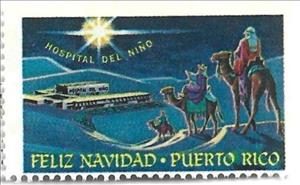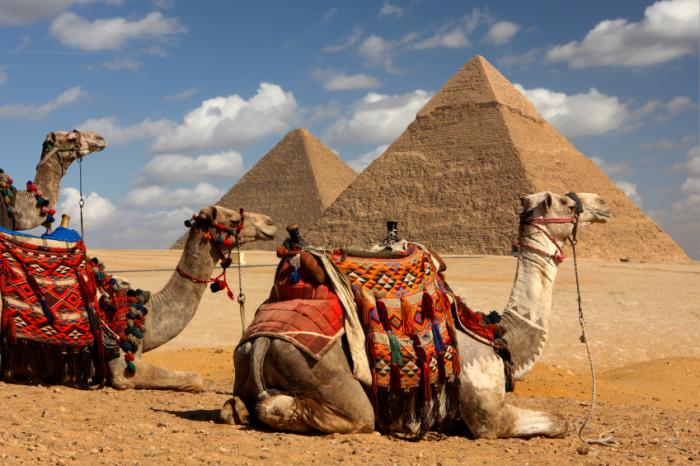Stamp: Feliz Navidad Puerto Rico (Puerto Rico 1975)
Feliz Navidad Puerto Rico (Puerto Rico 1975)
01 January (Puerto Rico ) within release Hospital del Nino goes into circulation Stamp Feliz Navidad Puerto Rico face value None No Face Value
| Stamp Feliz Navidad Puerto Rico in catalogues | |
|---|---|
| Colnect codes: | Col: PR-HN 1975-02 |
Stamp is horizontal format.
Also in the issue Hospital del Nino:
- Stamp - Feliz Navidad Puerto Rico face value None;
- Stamp - Feliz Navidad Puerto Rico face value None;
- Stamp - Feliz Navidad Puerto Rico face value None;
|
Data entry completed
80%
|
|
|---|---|
| Stamp Feliz Navidad Puerto Rico in digits | |
| Country: | Puerto Rico |
| Date: | 1975-01-01 |
| Size: | 41 x 24 |
| Emission: | Cinderella |
| Format: | Stamp |
| Face Value: | None No Face Value |
Stamp Feliz Navidad Puerto Rico it reflects the thematic directions:
Animals are multicellular, eukaryotic organisms of the kingdom Animalia (also called Metazoa). All animals are motile, meaning they can move spontaneously and independently, at some point in their lives. Their body plan eventually becomes fixed as they develop, although some undergo a process of metamorphosis later on in their lives. All animals are heterotrophs: they must ingest other organisms or their products for sustenance.
A camel (from Latin: camelus and Greek: κάμηλος (kamēlos) from Ancient Semitic: gāmāl) is an even-toed ungulate in the genus Camelus that bears distinctive fatty deposits known as "humps" on its back. Camels have long been domesticated and, as livestock, they provide food (camel milk and meat) and textiles (fiber and felt from camel hair). Camels are working animals especially suited to their desert habitat and are a vital means of transport for passengers and cargo. There are three surviving species of camel. The one-humped dromedary makes up 94% of the world's camel population, and the two-humped Bactrian camel makes up 6%. The wild Bactrian camel is a separate species and is now critically endangered.
Christmas or Christmas Day (Old English: Crīstesmæsse, meaning "Christ's Mass") is an annual festival commemorating the birth of Jesus Christ, observed most commonly on December 25 as a religious and cultural celebration among billions of people around the world. A feast central to the Christian liturgical year, it is prepared for by the season of Advent or the Nativity Fast and initiates the season of Christmastide, which historically in the West lasts twelve days and culminates on Twelfth Night; in some traditions, Christmastide includes an Octave. The traditional Christmas narrative, the Nativity of Jesus, delineated in the New Testament says that Jesus was born in Bethlehem, in accordance with messianic prophecies; when Joseph and Mary arrived in the city, the inn had no room and so they were offered a stable where the Christ Child was soon born, with angels proclaiming this news to shepherds who then disseminated the message furthermore. Christmas Day is a public holiday in many of the world's nations, is celebrated religiously by the vast majority of Christians, as well as culturally by a number of non-Christian people, and is an integral part of the holiday season, while some Christian groups reject the celebration. In several countries, celebrating Christmas Eve on December 24 has the main focus rather than December 25, with gift-giving and sharing a traditional meal with the family.
A hospital is a healthcare institution providing patient treatment with specialized health science and auxiliary healthcare staff and medical equipment. The best-known type of hospital is the general hospital, which typically has an emergency department to treat urgent health problems ranging from fire and accident victims to a sudden illness. A district hospital typically is the major health care facility in its region, with many beds for intensive care and additional beds for patients who need long-term care.




